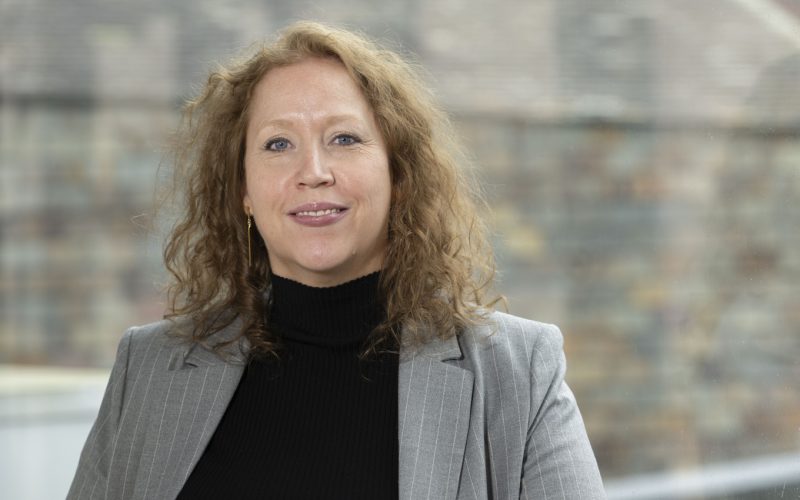Utrecht University has appointed Cora Nijboer as Professor of Translational Perinatal Neurology, effective December 15, 2024. Her chair, which falls under the strategic research programs Brain, Child Health, and Regenerative Medicine & Stem Cells, is dedicated to improving care and treatment for newborns with brain damage.
Cora Nijboer is a passionate neuroscientist who combines science and practice with a clear mission: to improve outcomes and quality of life for newborns with brain damage. This includes extremely premature babies or those who have suffered a stroke or severe oxygen deprivation around birth. Her research integrates cellular and molecular insights with practical applications, such as new stem cell-based treatment strategies and cell-free therapies. Cora was among the first researchers worldwide to develop and successfully test the administration of so-called “mesenchymal stem cells” via the nose in neonates. This innovative approach will be evaluated in a large-scale follow-up study in 2025.
Brain damage in newborns is a significant issue. “The consequences are often long-lasting and greatly impact the quality of life for both the children and their families,” says Cora. “My goal is to develop treatments that make a difference early in life and improve the long-term outlook for these children. By better understanding what goes wrong in the brain and how we can activate its inherent repair mechanisms – for example, by combining stem cell therapy with other new medical treatments – we aim to optimally support the brain development of premature and full-term babies with neurological conditions.”
Cora and her team are working to enhance existing stem cell therapies and develop new treatments tailored specifically to the needs of premature babies and children with complex neurological disorders. Her work is made possible by prestigious grants, such as a ZonMw Vici grant, and through collaborations within various international consortia.
In addition to fundamental research, Cora is committed to accelerating the translation of findings into clinical applications. “We want our discoveries to contribute to better patient care as quickly as possible,” says Cora. “Developing valuable experimental models and testing safe and effective therapies for neonates requires precision, collaboration across disciplines, and integrating the latest scientific insights. Close consultation with the clinical team is essential: what are the patients’ needs, and how can we practically implement new therapies? Bridging the gap between research and practical patient care is the most inspiring and educational aspect of my work.”
The newly appointed professor is optimistic about the future: “A few years ago, it was believed that brain damage could not be repaired. Now we know this is possible – especially in the young, plastic brain. My vision is that, in the future, we will have an even better treatment system where stem cell technology and other restorative medical techniques complement each other, and treatments can be tailored to individual patients. This direction offers immense potential, both scientifically and clinically, and I am eager to continue exploring this path with enthusiasm.”
